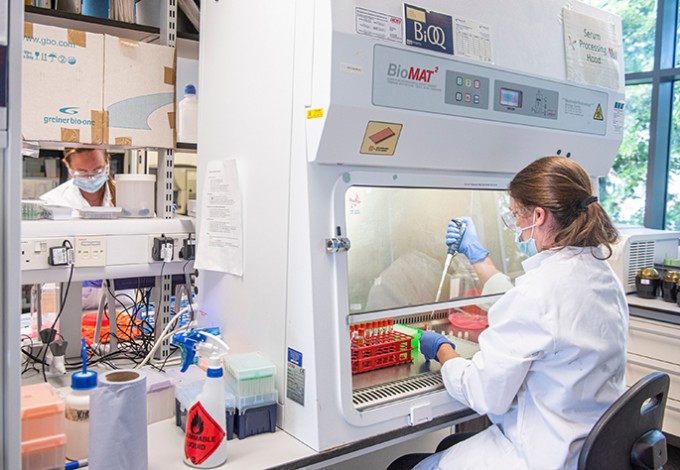Nursing & Healthcare News
COVID-19 Vaccines
Will a vaccine be the answer?

Judging by current research progress, there will likely be many COVID-19 vaccines in the foreseeable future. However, they might not be the pandemic-ending answer we’re all waiting for.
Vaccine Prognosis
As public officials argue about reopening businesses and schools and a vocal minority of Americans resist source control measures like masking, many people are hoping a COVID-19 vaccine will provide the key to finally controlling the pandemic.
According to the World Health Organization, there are currently more than 150 COVID-19 vaccine candidates in development around the world, of which almost two dozen are in or will shortly begin clinical trials.
That’s great news, but the prognosis for a COVID-19 vaccine includes many caveats nurses should understand:
Not this year.
Although development is proceeding at a lightning pace, completing clinical trials, obtaining even emergency regulatory approval, and manufacturing and distributing any vaccine will take months. Don’t expect a vaccine to be available (outside of clinical trials) before next spring at the earliest.












